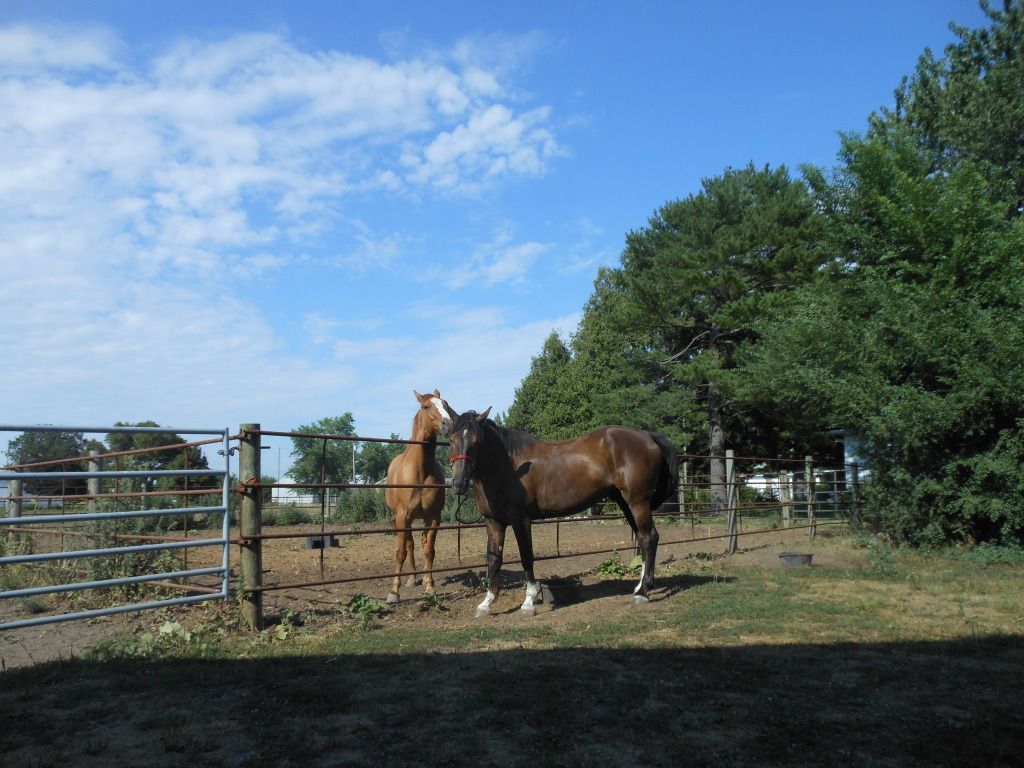seedcorn
Garden Master
Jason, very aware of differences. Are you a commercial farmer? Do you understand all the farming practices? Do you understand the differences between minimum till, no-till, cover crops, strip till etc? Not trying to be difficult but the general public has NO idea how/why agriculture got to where it is today. The next 5 years it is projected that there will be more changes in AG than have been in last 10-20 years. As much as some gardeners love to chant the montra that they are sustainable, they aren't any more than commercial AG. They aren't the first to rotate crops or use manure for fertilizers. Organic gardeners use chemicals, just approved chemicals. Why chemicals, because they couldn't control weeds/insects either.



